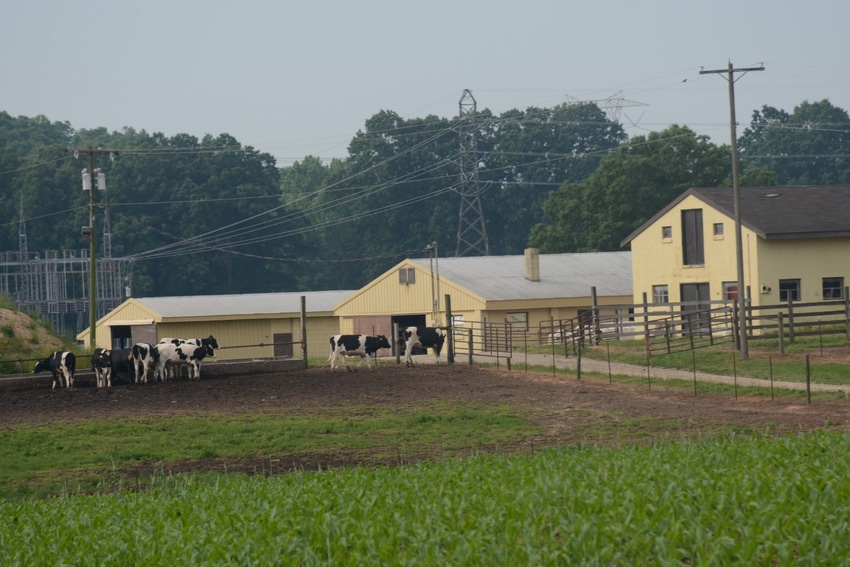
The U.S. Farmers & Ranchers Alliance debuted its “Vision 2030 Decade of Ag” initiative to address the challenges of climate change at a recent meeting of state commissioners of agriculture in Arlington, Va.
During the 2020 Winter Policy Conference of the National Association of State Departments of Agriculture, or NASDA, at the Marriott Renaissance Capital View, Erin Fitzgerald, USFRA’s CEO, said the goal of Vision 2030 is for “a resilient, restorative and climate-smart agricultural system that produces abundant and nutritious food, natural fiber, and clean energy for a sustainable, vibrant and prosperous America.”
USFRA is partnering with the Foundation for Food and Agriculture Research in the initiative. Fitzgerald said agriculture needs to be front and center in the conversation on climate change. She said farmers already practice stewardship and sustainability in reducing their carbon emissions and are committed to leaving the land better for the next generation.
She pointed out that farmers have always been climate stewards, emphasizing that 48% of the land mass in the United States is in the hands of three million farmers who absolutely day in and day out care about this topic.
“It’s on these lands where 90% of all of our rain and snow come from. It’s on these lands where 70% of our waters are managed. It’s on these lands where I see flyways and pollinators. It’s on these lands where I see actual hope of solving some of these problems,” Fitzgerald told the meeting of state agriculture commissioners and secretaries.
“It’s not Richard Branson or Elon Musk who are going to solve the climate change/carbon problem. The only known machine I know that can suck carbon out of the air is some green stuff and some brown stuff and that is the stuff that these guys (farmers) steward,” she said.
Fitzgerald emphasized that complexity of growing nourishing food for the next generation in the face of climate change does require unprecedented leadership and innovation to meet the challenge.
“It is not unlike traversing the ocean for the first time or going to the moon. We fundamentally need an earth shot, a level of clarity amongst leaders that agriculture truly is the solution. We have the ability to go do these things; that is what we do, and we have done it for generations, and we can meet the grand challenge before us,” she said.
Fitzgerald said U.S. agriculture has reduced its carbon footprint and improved its water efficiency. She said National Academy of Science data shows that American agriculture is on a path to halve its carbon footprint this decade.
“With accelerated innovation, collaboration and investment in ag, we could be net negative carbon. We would be the only sector that is not only reducing its footprint, but also has a handprint in society, that is actually able to solve and enable a net zero carbon economy in the United States. Agriculture is a very powerful sector to be a part of,” she said.
About the Author(s)
You May Also Like






